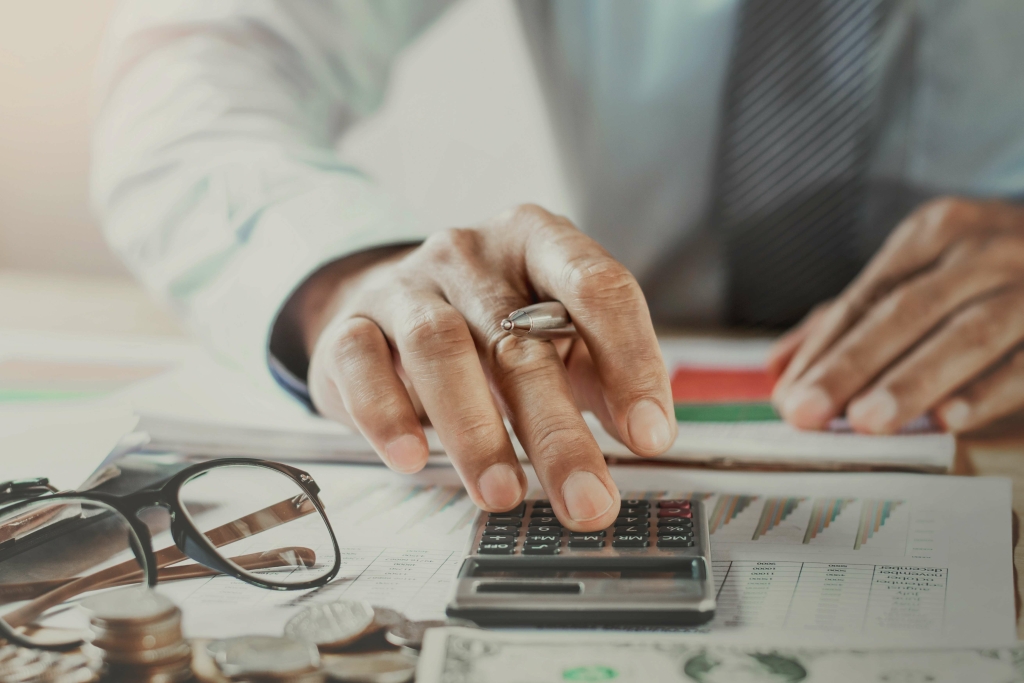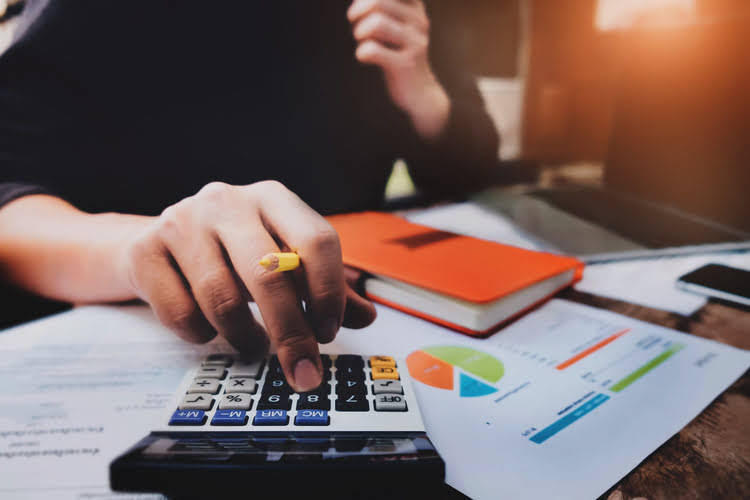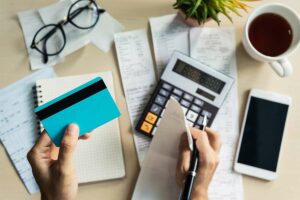
They can also help you develop a long-term financial plan that aligns with your business goals. Recording transactions is the backbone of any bookkeeping system for sole traders. In addition to tracking inventory levels, you should also monitor assets such as equipment and vehicles used for business purposes.
The future of your business accounting is on the cloud, not on your old desktop computer.
There are considerable benefits sole traders can gain by maintaining meticulous, up-to-date accounting records. Accurate invoicing and accounts receivable monitoring provide insight into customer payment patterns and cash flow. Accounting is crucial in effectively managing the financial aspects of a sole trader’s business. As a sole proprietor, the owner must handle all bookkeeping and accounting themselves or hire an accountant. Robust accounting is essential for making informed decisions, securing financing, paying proper taxes, and enabling growth. In some cases, customers can’t or won’t pay their invoices, leaving you with bad debt.
Key Characteristics of a Sole Trader
As a sole proprietor, you are responsible for paying various taxes based on your business’s income and profits. One important tax is the self-employment tax, which is 15.3% for self-employed individuals, including both the employee and employer portions of Social Security and Medicare taxes. Running a business gives you access to various tax breaks, which are deductions that help lower the taxes you owe. Independent business owners should take advantage of all possible deductions. One of the key sole proprietorship tax benefits is the simplicity of the tax treatment.
Need help with what service is right for you?

For example, the calendar year is January to December but for tax purposes your financial year may run from April to March. Crunch’s Self Assessment service provides an expert accountant to complete, check, and file your Self Assessment for you for just £130 +VAT. Learn the essentials of starting a small business and set yourself up for success. Prepare Financial Statements – Generate profit and loss statements to assess monthly performance. Retain receipts, contracts, invoices, and other digitally supported evidence.
Cybersecurity Business Leading the Charge Against Business Threats
Creating accurate financial statements regularly, analysing key ratios, and interpreting data carefully are critical aspects of reporting financial performance as a sole trader. One of the most important things you can do as a sole trader is keep accurate records of your business transactions for tax purposes. This includes keeping track of income and expenses, reconciling bank accounts, and maintaining up-to-date financial statements such as profit and loss statements.

Tips for Selling your Business
You could also consider requesting deposits and staggered payments on larger jobs, rather than waiting for the project to be completed in full before you send your bill. In the Flat Rate scheme, you charge your customers at the standard rate of VAT and pay the money back to HMRC at a lower rate, depending on the nature of your business. You can opt for the standard VAT scheme or Flat Rate VAT, which was set up to help reduce the admin load for smaller businesses.
Do I have to pay VAT as a sole trader?
- Connect your bank accounts, credit cards, PayPal, and more to pull in all income and expenses automatically.
- Solvent traders reap significant advantages by avoiding the pitfalls of tight bookkeeping protocols.
- When it comes to managing your accounts and bookkeeping as a sole trader, having an effective, intuitive system in place can make all the difference.
- A sole trader is a self-employed individual who collects all their income.
- There are many different types of financial ratios that you can use to analyse various aspects of your business finances.
It can be a daunting task as every receipt, invoice, and bill must be logged, however it’s essential for creating the likes of accurate tax returns and business plans. In the fast-paced business ecosystem sole traders can make vital bookkeeping errors that can lead to significant consequences. The rules for sole traders are different to limited companies but if the expenses are “allowable” per HMRC, you can offset them against your self-employed income to work out your taxable profit. These terms are often used interchangeably to describe individuals who work for themselves but there is a difference.
The cash flow statement shows how much cash is moving in and out of your business during a specific period. Once you have determined what taxes you need to pay and when they are due, it’s important to keep track of all payments made throughout the year. This means keeping records of all transactions related to taxes including receipts or invoices for tax payments made. To reconcile your bank account, start by importing bank transactions into your bookkeeping software.


As a sole trader, it’s essential to write off bad debts correctly to maintain accurate financial reporting and properly manage inventory as a sole trader. Although you don’t have to, having a separate bank account for your self-employment will sole trader bookkeeping make your bookkeeping a lot less complicated and means you don’t have to filter out all your personal expenses. Some sole traders even set up two accounts so they can set aside savings for their tax liabilities as and when they fall due.

